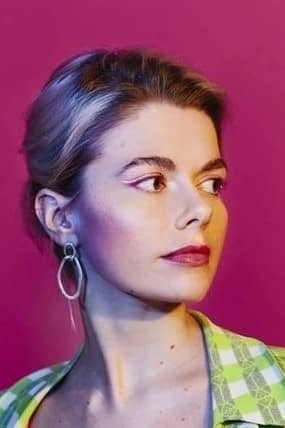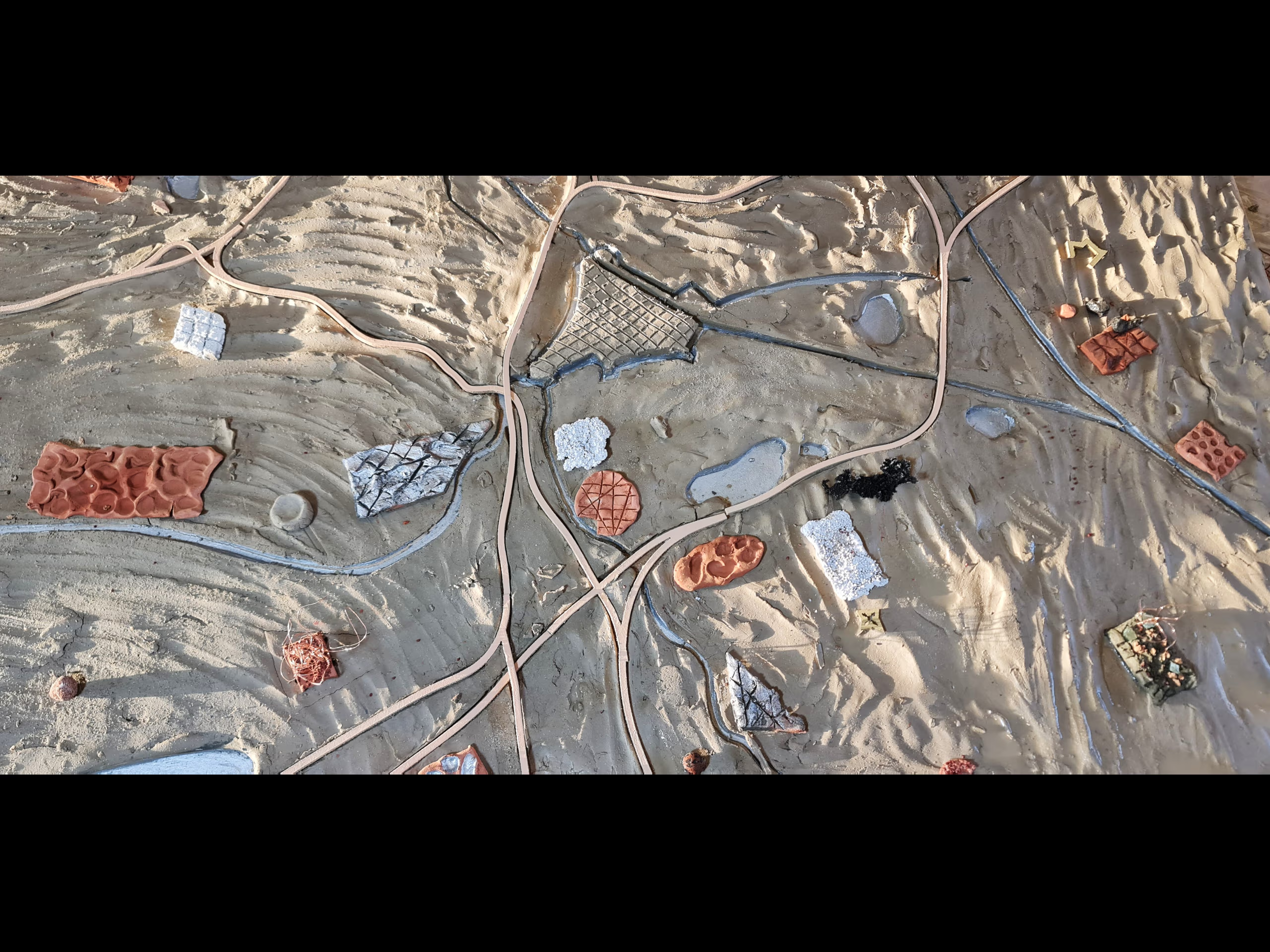Manifesto for Line 2029 of 's-Hertogenbosch, taking a dual perspective of 400 years backward and forward.
Line 1926
Den Bosch, intricately shaped by water, wind, and soil, was pivotal in the Dutch Water Defence system. In the Eighty Years' War, it played a crucial role when, in 1629, Frederik Hendrik besieged the city with a 40 km-long dike system named Line1629. As its 400th anniversary approaches, questions arise about Line1629's current and future roles.
Beyond its military significance, Line1629 embodied a societal relationship with nature, reflecting the 'control of nature' from the 16th-century scientific revolution. Today, this perspective influences water management and landscape practices, but its limitations have become apparent, causing water-related challenges, biodiversity loss, and a severed connection between city and countryside. Evolving our understanding of the world, recognising the need to relearn our relationships with surroundings, Den Bosch holds the UNESCO Learning City status.
Could Line 2029 become a landscape of learning from the direct environment, redefining our historical and future connection with the landscape?
Line 2029
Through a network of experimental gardens, Line 2029 transforms the city into a testing ground for innovative approaches to tackle contemporary and future challenges in ’s-Hertogenbosch by actively engaging with the dynamics of earth, water, and other nature forces. Inspired by the famous paining of Hieronymus Bosch, Line 2029 takes the name of The Gardens of Earthly Delights. This project, rather than a rigid plan, functions as a dynamic curatorial framework. It orchestrates nationwide activities to reconnect Den Bosch with other regions and propel learning for sustainable ecological, social, and economic development
Line 1629 was a liberation line; Line 2029 aspires to liberate the city from unsustainable systems.

Lesia Topolnyk
Lesia Topolnyk is an architect, artist, researcher, and film director, as well as the founder of StudioSpaceStation. Raised within a constantly changing political environment and educated as an architect, she explores how different realities superimpose in human behaviour and are manifested in physical space. Through dialogue with different disciplines and mediums, spatial design becomes a language that gives shape to the crucial interaction of visible and invisible processes, bringing together global and local concerns.
Founded to respond to urgent societal and planetary issues, StudioSpaceStation operates across architecture, politics, and art. The work has been published and exhibited within the Netherlands and internationally. For her work, among many other awards, Lesia received the Dutch Archiprix National and International. In 2022, she won the Prix de Rome (the most prestigious Dutch prize for artists and architects under 35).
Lesia is also a lecturer and educator at the Amsterdam Academy of Architecture and at the Design Academy Eindhoven.
